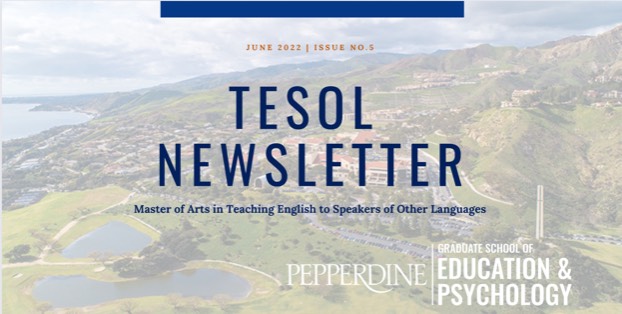TESOL Newsletter - Issue No. 5
Welcome
Welcome to another exciting issue of the Pepperdine TESOL Newsletter. As you will see in the pages that ensue, the last two months have been filled with wonderful moments. Chief among these moments is, perhaps, the Pepperdine University GSEP Commencement Ceremony, which was held on the stunning Malibu campus on May 21, 2022.
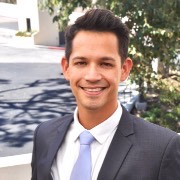
I still vividly remember hearing the name of each esteemed graduate, watching them walk across the stage, smiling from ear to ear as they received their diploma, and then coming to an entourage of professors giving them high fives, elbow bumps, and hugs to celebrate this truly hard-earned and stunning achievement. Our graduates now join only 6.4% of the population who hold Master’s degrees, and we know that with the content, skills, and networks acquired this past year, they will be changemakers in TESOL contexts for years to come!
We wish you a sunny and bright few months of summer ahead. If you find yourself with a few moments to spare, please do reach out to us to share about what you’re up to (see email address below). We’d love to hear from you!
With gratitude,
Kevin Wong, Ph.D.
kevin.wong@pepperdine.edu
TESOL Chair
Life At Pepperdine
What's Happening On and Off-Campus
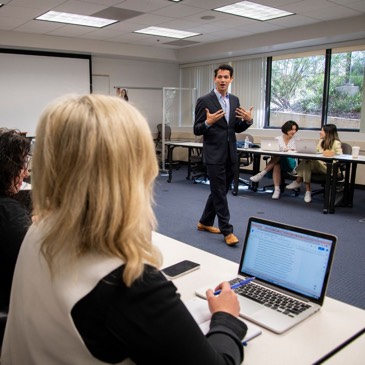
Dr. Wong engaging students in reflective discussion about lesson demonstrations.
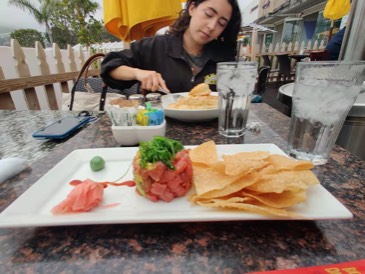
Urgent need for food to replenish the mind after a thought-provoking class.

Urgent need for food to replenish the mind after a thought-provoking class.
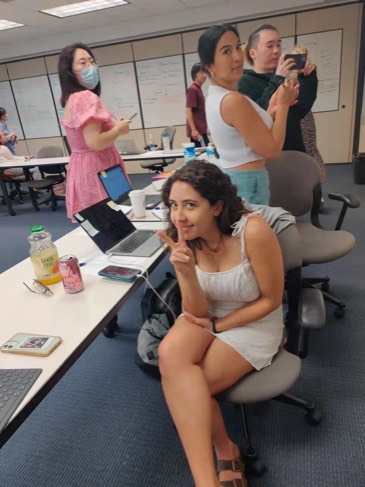
A pause from the “Gallery Walk” activity in class.

Matcha ice cream, yummy!
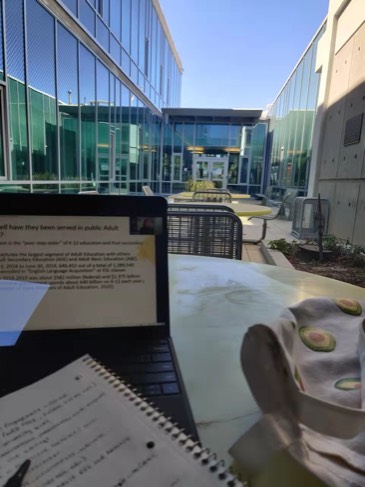
Always on the lookout for the next study spot.
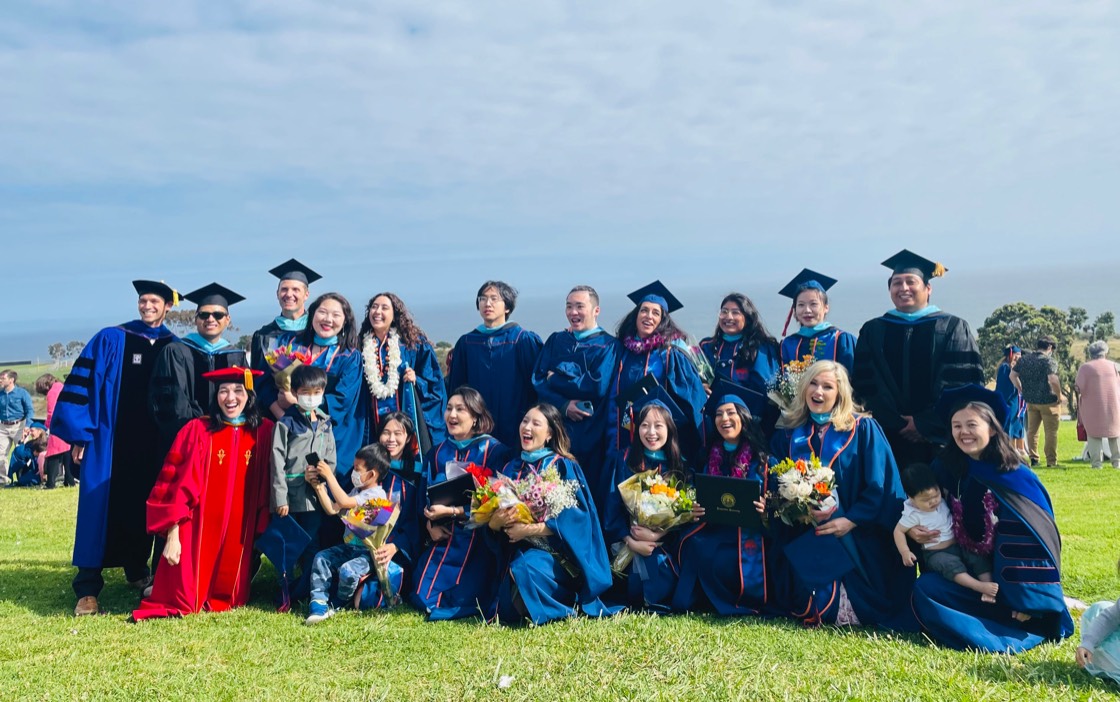
GRADUATION DAY! The Graduation Ceremony took place on Saturday, May 21, 2022. Many of our TESOL students and faculty members celebrated after the graduation ceremony on Alumni Park.
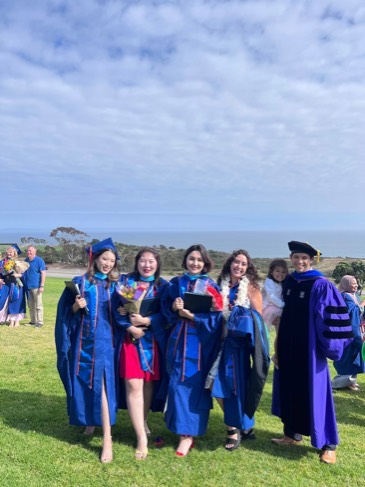
Group photo of students with Dr. Wong and the Pacific Ocean in the background.
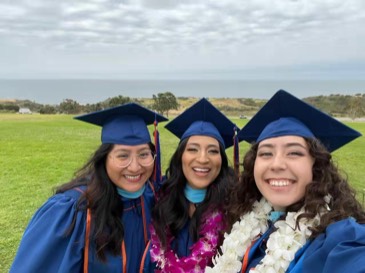 iNosotras nos hemos graduado!
iNosotras nos hemos graduado!
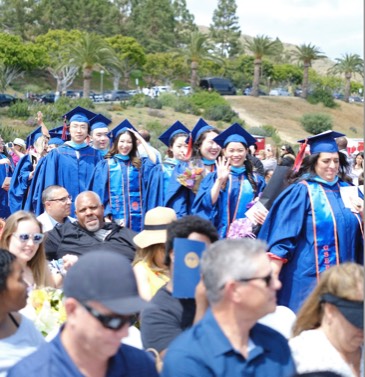 Our graduates iNosotras nos hemos graduado! are in the house!
Our graduates iNosotras nos hemos graduado! are in the house!
Current Professor Perspective
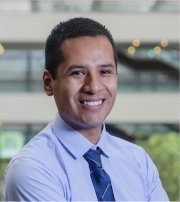
Professor Jacobo Coronel is a TESOL instructor at Pepperdine who is highly revered by his students and colleagues. We are grateful we had the chance to hear from him.
Kevin: Hi Professor Coronel! Thank you so much for taking the time out of your busy schedule to share about your experience with us as a TESOL faculty member! It’s been a pleasure to work with you and I think our readers would love to hear about your unique experiences and insights! So first of all, can you tell us briefly about yourself?
Jacobo: Hi Dr. Wong, thank you for featuring me in this month’s newsletter! If I had to share information about myself, I would start with my proudest descriptive word: teacher. I come from a family of educators: my parents are community and church leaders, my middle sister, Dalia, is a National Board Certified Teacher and elementary school principal and my eldest sister, Sonia, is a teacher-turned-counselor. They both recently graduated from USC’s EdD program- the same program that I will begin this fall term! It is easy to understand why I love teaching and learning so much!
My own educational journey began when I was a small 13-year old 8th grade student at Carver Middle School. The best teacher in my life, Ms. Bundy, inspired me to become a teacher through sheer love and dedication to her profession. In her classroom, I experienced how teaching can happen to accommodate all learners (English learners, students with learning disabilities, newcomers, etc.) and how learning can be meaningful, enjoyable, and memorable. Before I left her classroom, I promised her that I would go to college and major in English in order to become a teacher, just like her. Once I reached my goal, I emailed her immediately and told her of the tremendous impact her teaching had on my intellectual and social development. I often share this story and the same email that was sent to Ms. Bundy with our TESOL students during Clinical Practicum. They need to realize that they, too, have the power to impact lives and create lifelong inspiration for their future students.
When I’m not teaching middle school or at Pepperdine, I like to spend time with my spouse and three dogs: Kreacher (a Labrador Retriever), Coda (a Rottweiler) and Sirius (a Newfoundland). You can also catch me doing some form of art, either painting, drawing, using paper mache, or photography. Sports are a big part of my life as well. I picked up tennis as a high school Junior and played for Fullerton College while enrolled at CSUF. Unfortunately, I do not play tennis as often anymore due to a shoulder injury. Instead, I took up running and once I laced up my first pair of Nikes, I was obsessed and this obsession led me to run and finish seventeen full marathons and over fifteen half marathons. My favorite marathon has to be the Great Wall of China Marathon which I completed alongside my sister, Dalia, with a finish time of seven hours and forty-four minutes compared to my personal best of three hours and thirty-one minutes. I am a teacher, artist, and athlete.
Kevin: [respond to JC]. Wow, we are so blessed to have you in our program with the incredible life experiences that you bring to your teaching. How long have you been teaching at Pepperdine, what classes have you taught, and what keeps you coming back?
Jacobo: I have been teaching at Pepperdine since Fall 2018. Before coming to TESOL, I taught in the MAT program and taught Instructional Design which I absolutely loved. Once the term was over, Dr. Miyake-Trapp asked if I wanted to teach in the TESOL program and I have been here ever since. In the TESOL program, I teach Second Language Acquisition during the Fall term and Clinical Practicum during the Summer term. I love teaching these courses for a number of reasons. Our students have the experience of learning language(s) and it is a joy to see them connect the theories that we learn in class to their language journeys. They often share that the SLA course gives them the language necessary to reflect and explain how they acquired English to themselves and to others. This class also lays the foundation for Clinical Practicum and other courses in the program. In Clinical Practicum, I get to work with our students in designing, building, and implementing their own lesson plans that they will then teach. Teaching and learning is incredibly complex and I attempt to impart what I know to our students during this course.
I keep coming back to Pepperdine because of the incredible, hard-working and motivated students, the wonderful faculty and staff and who can attend Pepperdine without mentioning the beautiful campus and ocean views?
Kevin: [respond to JC]. Could you share with us some of your research interests? And how do your interests inform your practice as a teacher?
Jacobo: Certainly. My research interests include English Learners and educational technology, teacher training and education, bilingualism and biliteracy, and instructional design for English language acquisition. As an English learner myself, I am most interested in helping these groups of learners to ensure that they too have the skills and knowledge necessary to succeed in higher educational settings and beyond. As a current ELD/ESL teacher at a public school, these interests inform my practice daily. For example, if you were to walk into my classroom, you will see me teaching from the front of the room, from my desk, and even from students’ tables and I will always be carrying some form of technology, usually my tablet computer. Having this piece of technology, two interactive televisions, and two Apple TVs to mirror my device to said televisions has revolutionized the way I teach. Being able to use wireless technology from anywhere in my class gives me freedom to move around and manage my classroom, assess student learning, and it allows me to explain concepts to individual students on my tablet while the rest of the class follows along on any two tv’s mirroring what I am explaining. I am also frequently thinking of ways to make my instruction more comprehensible and accessible to all of my students and using the same “apps” that students already use in other classes or at home helps tremendously. My passion for teacher training has allowed me to present original professional development to my district and school site colleagues. For example, last term, my principal bought all teachers on campus an iPad and Apple Pencil, an Apple TV, and a Smart TV– the same tech tools that I use with my learners. I was tasked with designing and creating a curriculum for my colleagues that would teach them practical ways to use these tech tools inside their own classrooms to enhance their content instruction for mainstream students and English learners. I am happy to say that many teachers (especially the art and math teachers) continue to use the tools that I demonstrated and some have continued to develop their tech competency by integrating other more complex applications. I believe that the future of education is technology-infused and that leaders are needed to guide the next generation of teachers. I plan to be a leader and pioneer in the field of educational technology for second language acquisition.
Kevin: [respond to JC]. What is something unique about Pepperdine students? And do you have any advice for prospective/incoming students?
Jacobo: Pepperdine students are unique in their worldly experiences. Pepperdine students are unique in what drives or pushes them forward. TESOL students are unique because they want to develop and grow for the betterment of others. TESOL students are unique because they are creative, adaptable, and goal-oriented. Our current cohort is unique because they bring a new meaning to the word “family”.
Our current cohort is unique because they are unlike any other cohort I have taught at Pepperdine. I just love them! My advice for prospective/incoming students is this: get to know your cohort, Pepperdine University as a whole, and your professors! Your cohort will be your support system and they will be the shoulders you lean on when things get tough (because graduate school is tough!). Pepperdine University is a world-class institution and many students often miss out on what this incredible university has to offer. Take advantage of the access you have to thousands of books and articles in the Pepperdine Library system, visit the Writing Center to get assistance with the academic writing process, and apply to the many national and international scholarships available to you as students. Finally, get to know your professors because we are here to see you flourish in this program and to guide you into becoming the professional you are meant to be.
Kevin: [respond to JC]. Thank you so much for taking the time to share about your insights and experiences with us, Professor Coronel. We are so grateful to have you as part of our community!
Community Shoutouts
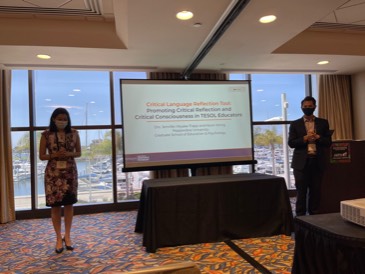
Dr. Jennifer Miyake-Trapp and Dr. Kevin Wongpresented their study "Critical Language Reflection Tool: Promoting Critical Reflection and Critical Consciousness in TESOL Educators" at the American Educational Research Association (AERA) 2022 Annual Meeting.
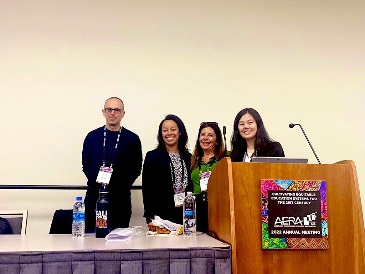
Dr. Weina Chen presented at the Annual AERA 2022 Meeting a study entitled, "Content analysis: Uncovering research trends on blended learning in foreign language education". She also chaired a session on "Enabling Support Pathways Despite a Pandemic Across the World".
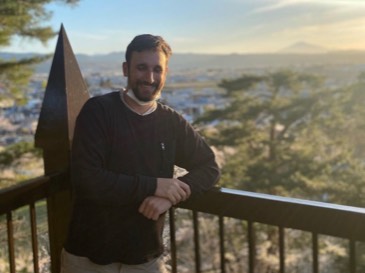
Stephen Fisher, TESOL ‘21 graduate, was recently promoted in the Japan Exchange and Teaching (JET) Program. Congratulations! (Check out his interview with Dr. Wong from the first issue of the TESOL newsletter).
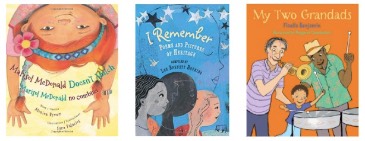
Dr. Kevin Wong and his students Hovsep Sarafyan and Joseph Schwartz presented "Making Space for Conversations about Multiracial Identity: A Critical Content Analysis of Multiracial Picture Books" at the AERA 2022 Annual Meeting.
TESOL Article: Hot Off The Press

In a previous issue of TESOL Quarterly, Lisbeth M. Brevik (University of Oslo) and Ulrikke Rindal (University of Oslo) published an article entitled, “Language Use in the Classroom: Balancing Target Language Exposure With the Need for Other Languages.” How can a student’s linguistic repertoire be used as a resource in a TESOL classroom? The current study sought to contribute to the literature base by examining how languages are actually used in target language instruction. Using large-scale data from classroom observations (via video) and student perspectives (via survey responses) in seven English classes (grades 9-10, ages 13-15) in a Norwegian secondary school, the authors found three main patterns of language use. First, there was significant variation in language use which appeared to vary by teacher (and not student). This demonstrates the critical role teachers play in upholding the language policies of classrooms. Second, languages other than the language of schooling (Norwegian) and the target language (English) were used. Third, students largely perceived Norwegian as helpful in the English language classrooms.
The full article is available to download for free here.
Student Spotlight
A conversation with current student, Michelle Tabrizi-Ortiz and TESOL Faculty, Dr. Weina Chen
